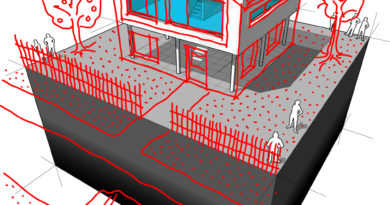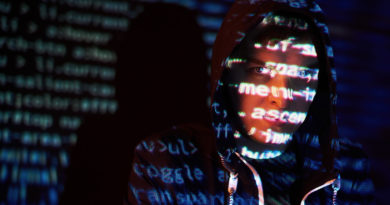Visa Warns of Credit Card Fraud at Gas Stations
Credit card fraud occurs when a criminal steals your credit card information — or the card itself — to make unauthorized purchases. Criminals whose skills are more advanced might find other ways to happen upon this information, like stealing your PIN or a banking security code to gain access. Some will create a more elaborate scam to fool you into providing the information yourself according to chicagoareadivorcelawyers.com.
President John Ulzheimer of the Ulzheimer Group is an expert regarding this kind of fraud. “Most card [networks] have moved to chip cards,” he explains. Visa credit cards reports from 2017 show that there are a whopping 421.1 million chipped cards in circulation in the United States. The number is certainly higher today.
Ulzheimer cautions users: “Consumers should also become much more engaged with the transactions occurring on their credit cards. Many card issuers offer free text alerts every time your card is used.”
And these will become increasingly important. Visa recently warned its users that fraud at gas stations is more prevalent than ever. Worst of all, these thefts are not always conducted by a lone perpetrator. Instead, they represent targeted attacks conducted by cybercrime organizations or hackers. And these groups know exactly what they’re doing.
That’s because many gas stations don’t use chip technology for transactions, making it much easier for a fraudster to steal personal information. In the cases Visa pointed out, though, the criminals were more sophisticated. They hacked into a gas merchant’s network to steal information digitally instead of using more traditional methods of theft. The problem? The more sophisticated methods used by today’s hackers can’t always be detected easily. Even your mobile banking app might not notice the wrongdoing.
Visa cautioned consumers not to toss credit card statements in the shredder. Most of us have come to trust the automated tech that usually picks up fraud-related mischief almost immediately, but we shouldn’t — because sometimes it fails. Anything you find should be reported immediately. Worst case scenario is you’re wrong. Best case is you’ve noticed a theft before it can happen again. Credit card fraud isn’t to be taken lightly.
Visa said, “Fuel dispenser merchants should take note of this activity and deploy devices that support chip wherever possible, as this will significantly lower the likelihood of these attacks.”
But don’t worry too much.
With or without chipped cards and more technologically secure card readers, legislation is moving to make fuel merchants liable for this type of fraud. Legislators hope that pushing liability in their direction will make them more likely to adapt to the new technology a lot faster than they have so far. Those who don’t have EMV-enabled card readers will be subject to the new law.
And as for consumers? Believe it or not, Apple Pay is one of the best secured methods of payment you can use during a transaction. Also, consumers should prioritize the use of credit cards over debit cards. The reason is simple: a credit card company won’t hold you responsible for any fraudulent charges made to your debit card, but it’s a lot harder (and takes a lot longer) to redeposit money stolen directly from your banking account.
Ted Rossman, an industry analyst for Bankrate, said, “Using a credit card at a gas pump is much safer than a debit card, because if a debit card is hacked, it provides direct access to your checking account. You’ll get the money back as long as you report the theft promptly, but it could take two to four weeks.”
That’s a lot of time when so many Americans are living paycheck to paycheck.
“You’re not liable for credit card fraud either,” Rossman explained. “But in that case, it’s not ‘real’ money. It’s just a line of credit, which is much easier to restore.”
Beyond using digital payment methods when available, there’s not a whole lot you can do except be as vigilant as possible. Rossman said, “Look for signs that the payment terminal has been tampered with — for instance, if the card slot wobbles or your card doesn’t seem to fit correctly.”
It might also be beneficial to check your credit report at least once a month. A sharp drop in your credit score might signify a theft you didn’t notice. Credit Karma is a good free service for checking your score.
While you should always notify your bank and credit card vendor of any potential problems, repeated attempts to steal your information or siphon money from your bank account should be swiftly reported to the police. Identity theft is on the rise, and so are the problems associated with it.




